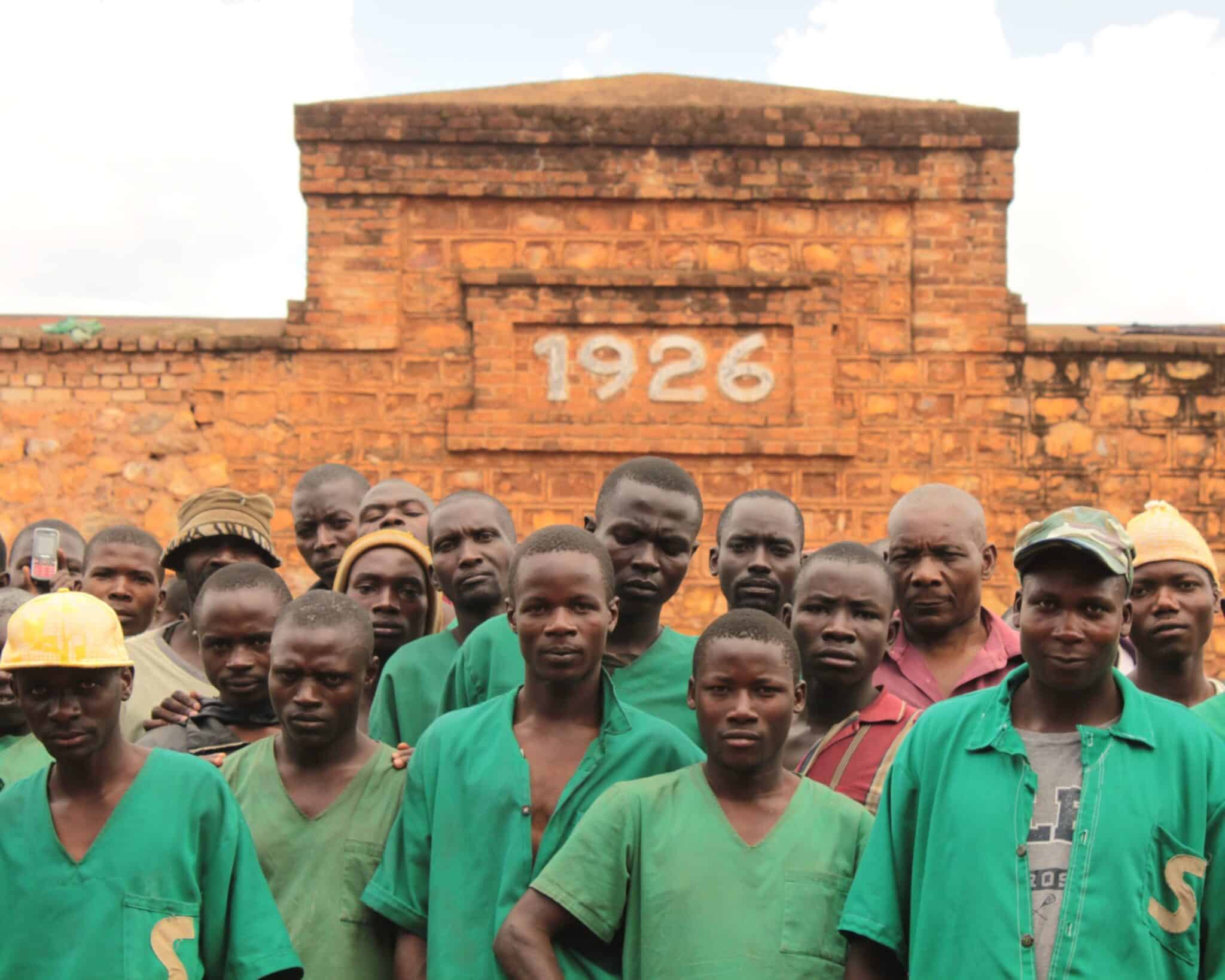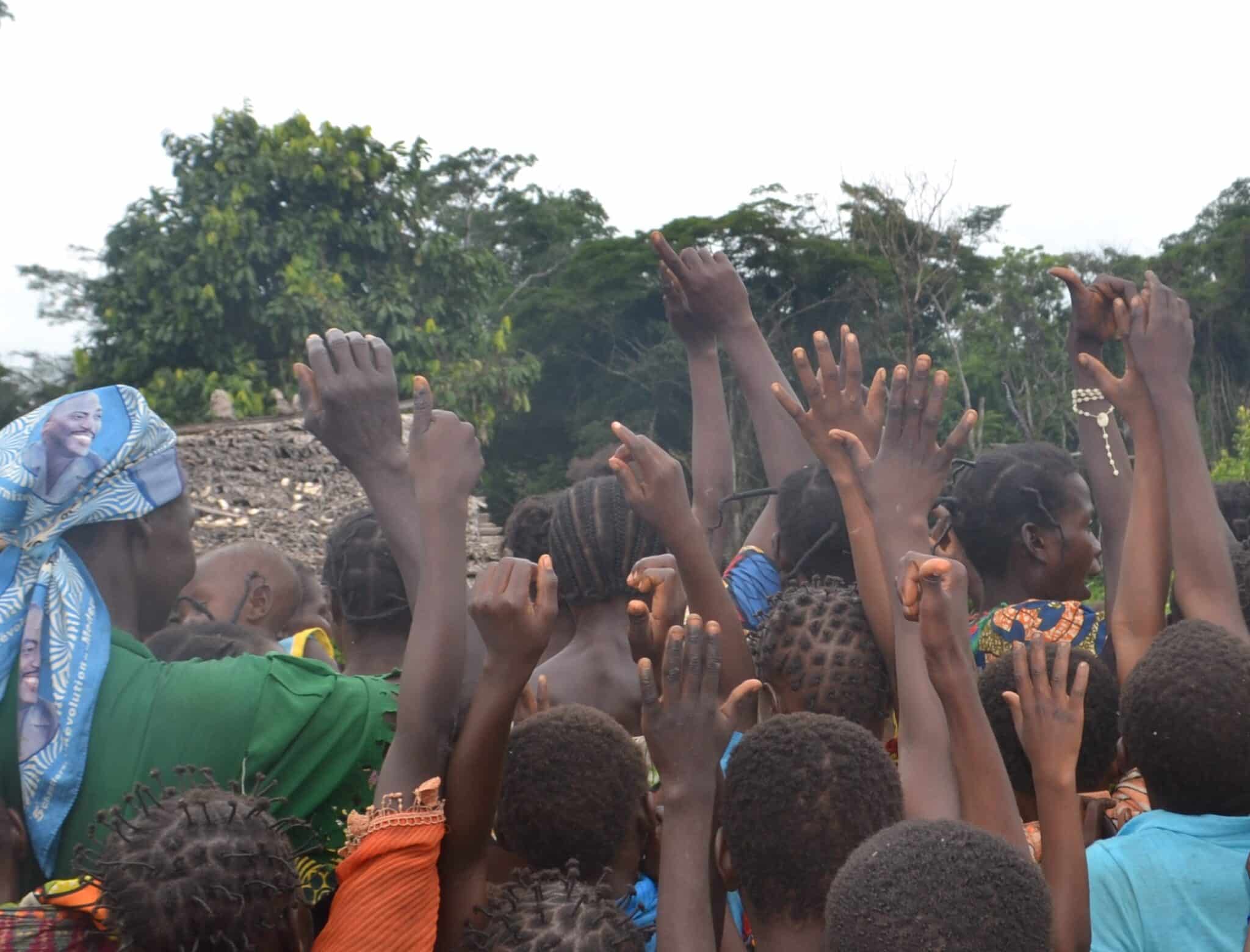Category: Torture
-

ASF in DR Congo: 15 years of commitment
ASF has come a long way since it started up its activities in Congo 15 years ago. Its aim, from the very beginning, has been to ensure that people become more aware of their rights and can enforce them. We opened our first office in Kinshasa on 12 March 2002. Since then, we’ve developed a…
-

Degrading and inhuman treatment is not inevitable
Brussels – On the International Day in Support of Victims of Torture, Avocats Sans Frontières (ASF) recalls that countless people are also victims of inhuman and degrading treatment. These practices often arise from appalling detention conditions in many countries in a post-conflict situation or in transition. ASF is calling for a reduction in the use…
-

“Yalisika” trial: Logging and human right in DRC
Kinshasa, DR Congo – ASF welcomes the start of the trial concerning the attack on the village of Yalisika carried out in 2011. However, ASF is concerned that the perpetrators identified during the investigations have not yet been brought to trial, and recalls the importance of establishing the responsibility of all those involved in committing…
-
Combating torture: Beware of “false victories”
Brussels/Bukavu/Kathmandu, 26 June 2012 – On the occasion of the International Day in Support of Victims of Torture on 26 June, Avocats Sans Frontières (ASF) reiterates the need to ensure torturers do not escape punishment.
